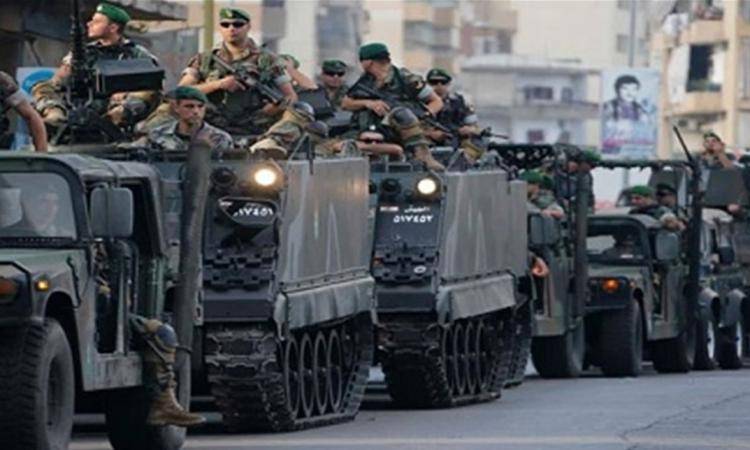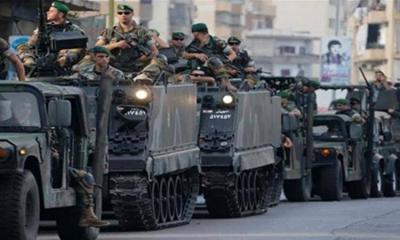While the merchants on Azmi Street and the markets of Tripoli awaited the final week of Ramadan leading up to Eid al-Fitr, hoping to revive the economic stagnation in the city, the intermittent security events from one street to another did not indicate that the holiday would pass joyfully for the city, according to "Nidaa al-Watan." Citizens and merchants alike have been calling upon the caretaker Prime Minister Najib Mikati, Interior Minister Bassam Mawlawi, and Tripoli's lawmakers to pay attention to the city given the chaos it has reached. The most prominent request directed at Mawlawi was to devise a security plan that instills calm in their hearts, as the city starts slipping from the hands of its residents into the hands of thugs and gangs, so that the season does not go to waste without benefit.
Residents of Tripoli question why Mawlawi is leaving his city amidst this dark atmosphere and rampant chaos and the control of street thugs, while he is seen in other regions participating in Ramadan festivities in the streets and markets? Voices from Tripoli's clerics and religious figures have also not been absent, as social media was filled with many audio recordings from clergymen from Tripoli demanding an end to the city’s violation in this manner during the days and nights of Ramadan.
This matter was also discussed between Mikati and northern MPs, who visited him, including the National Moderation bloc and other lawmakers, to demand directives for the security forces and their personnel to have a greater presence in Tripoli and the northern regions to provide a sense of reassurance to the people.
In the end, these voices found a response, at least for Tripoli. Following a meeting of the Central Security Council chaired by Mawlawi about a week ago, a security plan was launched in the northern capital, and security personnel from various agencies spread across the main streets of Tripoli, alongside the Lebanese Army, especially during the evening hours when those who are fasting prefer to head out to the streets and markets right after iftar.
Although Mawlawi has always insisted in his media interviews that the security situation in Tripoli is controlled and good, the security reports received by his office suggest otherwise. Information from "Nidaa al-Watan" indicates that the Prime Minister and the Interior Minister took the advice of the lawmakers and clerics seriously, following reports from security leaders and media attention on the security instability in Tripoli. Consequently, Mikati contacted Mawlawi, and they held a meeting during which it was agreed that Mawlawi would call for a meeting of the Central Security Council to decide on launching a security plan in Tripoli on the eve of the holidays.
This holiday plan, while providing relief to the residents after fear and disturbances, still leaves them asking about the day after. Will things return to their previous state of chaos after the holidays? Will authority return to drug mafias and arms dealers? And why shouldn't there be a sustainable security plan for Tripoli, as security and stability are fundamental factors for any desired development or prosperity? According to "Nidaa al-Watan."




